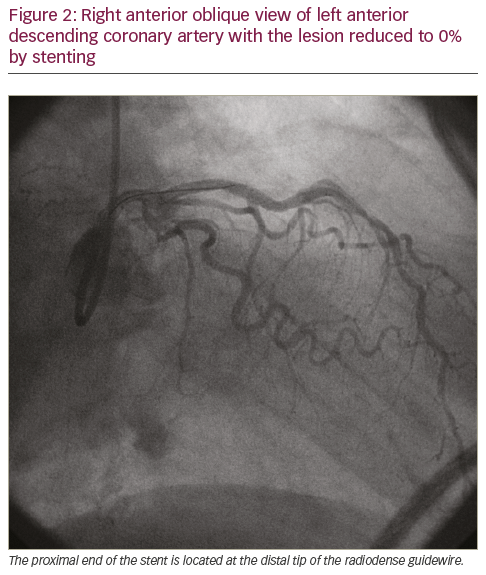


There is no research examining a link between PsA and GERD. stools with blood or that look tarry and blackĪ person with these symptoms should consult with a healthcare professional.vomiting regularly or vomit that may contain blood or look similar to coffee grounds.Barrett’s esophagus, where the lining of the esophagus changes.
#UPPER CHEST DISCOMFORT DIFFICULTY SWALLOWING FULL#
feeling uncomfortably full after a meal.The contents of the stomach may flow back into the esophagus, causing the sensation of food to come back up into the throat or mouth with an accompanying acidic taste. Heartburn is a common symptom of this condition, where a person experiences a burning pain behind the breastbone that begins in the chest and moves upward.Įating certain types of food or lying down 2–3 hours after a meal can worsen symptoms. GERD, also known as acid reflux, occurs when the upper part of the digestive tract is not working correctly. Treatments for PsA and esophagus issues may include exercises to help a person swallow more effectively. medication changes to reduce side effects.antibiotics to treat an esophagus infection.endoscopy, which involves using a long thin scope to remove a stuck object.dilation of the esophagus by using a device to expand narrow areas of the esophagus.If a person is unable to swallow medication, they should speak with a healthcare professional. Generally, the treatment that doctors recommend depends on the underlying cause of dysphagia. Some noninflammatory responses could also include changes related to older age, severe respiratory issues, and neurological conditions such as Alzheimer’s disease and Parkinson’s disease. some medications for PsA, including methotrexate, adalimumab, infliximab, and leflunomide, may cause difficulty swallowing as a side effect.foreign bodies or food lodged in the throat.The causes for this condition may include: ulcerative colitis that relates to PsA and may cause mouth ulcersĭysphagia has associations with inflammation in the esophagus.inflammatory bowel syndrome (IBS) that has links to PsA through triggering chronic inflammation.weakness in the esophagus that can cause a pocket to form and trap food.gastroparesis, where the stomach muscles that push food through the intestines stop working or slow down.



 0 kommentar(er)
0 kommentar(er)
